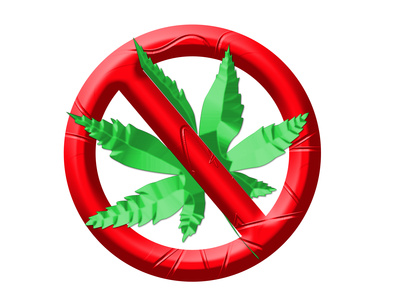Canadian adults over the age of 18 will be able to carry up to 30 grams of marijuana for recreational purposes, and grow up to four plants in their homes, under the legal model recommended by a Federal Task Force.
The more than 80 recommendations came from an expert panel tasked by Prime Minister Justin Trudeau with guiding the Canadian Federal Government as it moves towards legalising the drug.
The group of experts, chaired by former Liberal Deputy Prime Minister Anne McLellan, is also recommending that high-potency products be more heavily taxed, to “discourage” their use by the general public.
Trudeau’s Liberal government promised to table legislation to legalise marijuana for recreational use in the spring of 2017.
Trudeau promised that his government would “legalise, regulate, and restrict access to marijuana” for recreational use in the spring of 2017, in order to reduce access of the drug to youth and to displace the illegal cannabis market.
Canadians, especially younger ones, are among the biggest consumers of marijuana in the world.
The more than 80 recommendations for the government included that “adults should be allowed to grow up to four plants and possess 30 grams of dried cannabis”.
It added that “marijuana and alcohol should not be sold in the same retail locations, clearing the way for alcohol-free cannabis lounges”.
The report added that “advertising, including sponsorship and endorsements, should be restricted”.
“Cannabis products should be required to have plain packaging that includes levels of active ingredients.
“The government should roll out a public health education campaign around the harms related to cannabis use, including impaired driving,” the report recommended.
Medical marijuana, grown by 36 federally licensed producers, is currently legal in Canada.
Stocks of Canadian marijuana companies surged in anticipation of the report.
The report recommended that the federal government should continue to regulate production while the provinces oversee the distribution and retail sales.
McLellan said that the industry should also be opened up to more than the currently licensed producers, including some of those who are now growing cannabis illegally.
“The government need to understand the value of a diverse market of growers of different sizes,” she said.
She also said it is important the government create a flexible framework that lets it adapt prices, taxes, rules, and policy in the future.
The government may choose to accept or reject the task force’s recommendations when it crafts the legislation.
It remains unclear when the drug will be taken off the prohibited list for the first time since 1923.
If the law is passed, Canada will be the largest developed country to end recreational marijuana prohibition.
Uruguay is the only other country to have a fully regulated, legal market for recreational marijuana.
A number of U.S. states, including Colorado and Washington, D.C, also have legal pot.
The non-binding report, made public on Tuesday, will serve as a blueprint for Trudeau’s government as it crafts the new laws to regulate the industry. (CTV/NAN)


